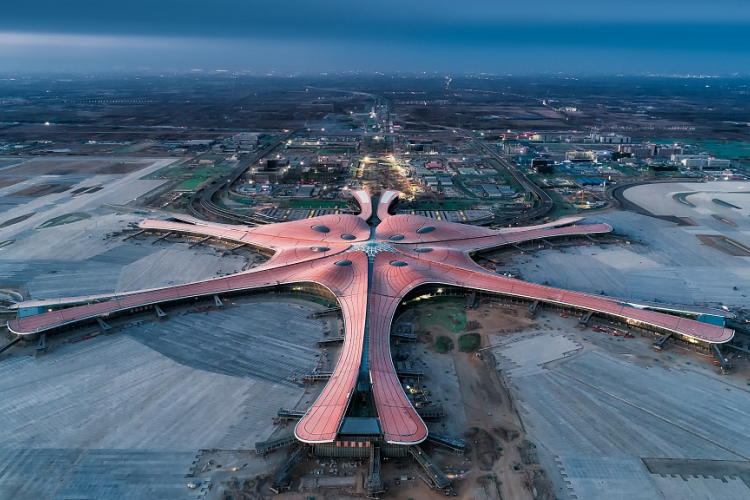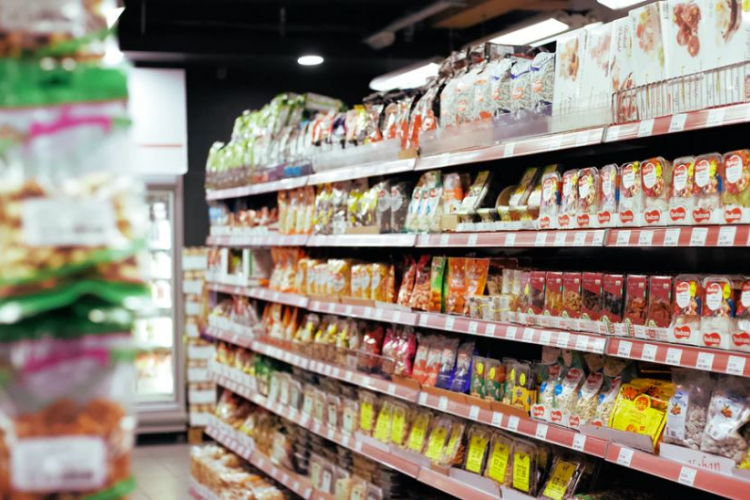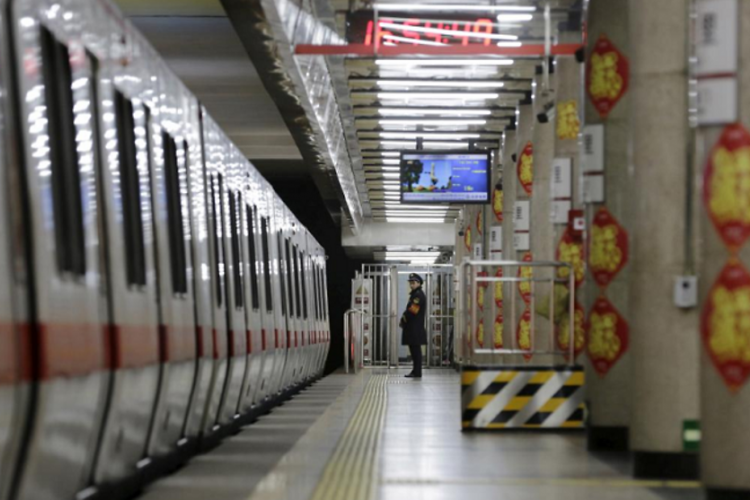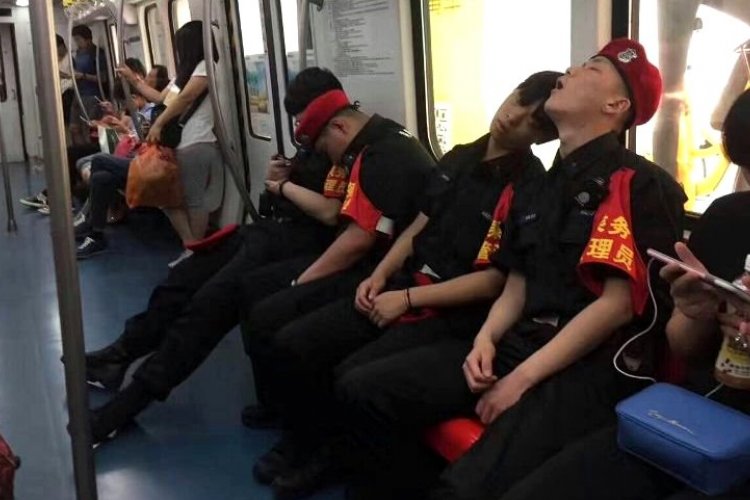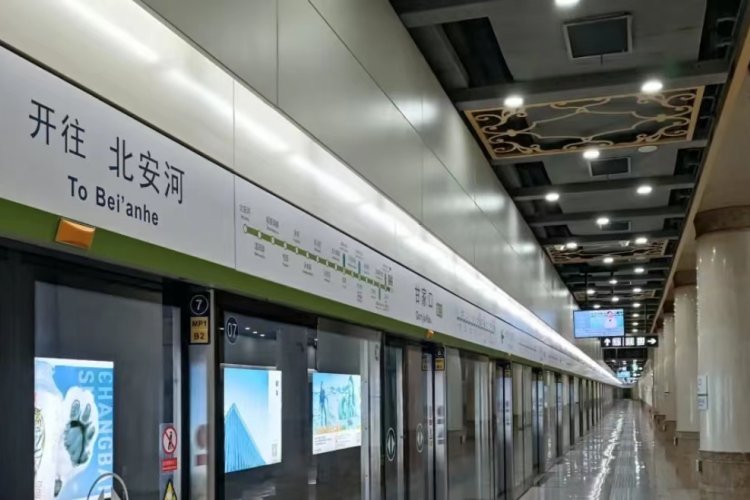Thank God. In southern cities that I have visited they have more expensive subway networks, and as a result the subway is not over-crowded with migrant workers who shove and otherwise offend the senses. Their networks are less crowded and much more orderly.
Plus, this is still going to be pretty damn cheap. A single day pass in London will set you back 100RMB. Stop whining.

